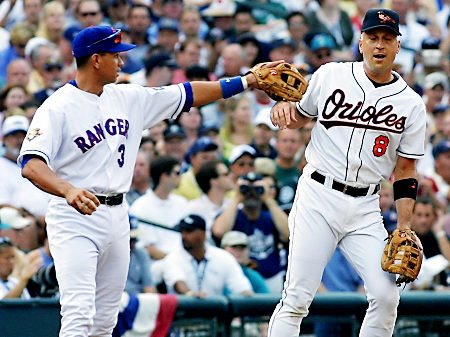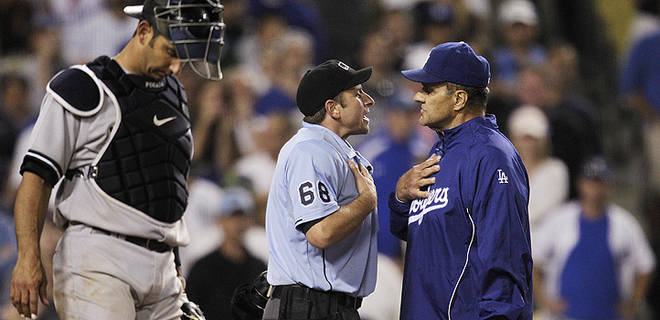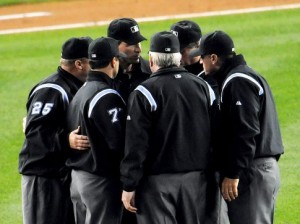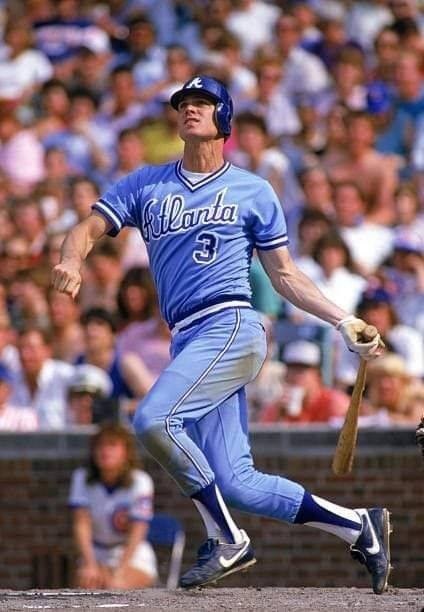Great Baseball All-Star Game Moments: 1990-2019 1

Over the last three decades, the Major League Baseball All-Star Game has transformed from being simply a game to being a multi-day extravaganza where the game itself is simply one component. For that reason, the game has at times seemed to be anti-climatic, but has still produced some great memories.
After the National League dominated the competition throughout the 1960s and 1970s, including a stretch of 19 victories in 20 games, the rolls have completely reversed in recent years.
The American League has claimed 23 out of the last 30 meetings, including a 13 game winning streak between 1997 and 2009 as well as a current seven game winning streak
In this final installment of the three part series in which we have reminisced about some of the great moments, games and players in All-Star history, we look at the most memorable games of the last three decades. Here are links to part one from 1933-1959 and part two from 1960-1989.
July 10, 1990 (Wrigley Field, Chicago)
The addition of lights at Wrigley Field allowed for the All-Star Game to be played at the storied venue for the first time since 1962.
The lights came in handy as the game endured 85 minutes worth of rain delays, which made it difficult for either team to develop a rhythm or establish a consistent pitching rotation.
The American League used six pitchers and the National League went through nine hurlers in the contest.
The game was scoreless until a two-run double by Julio Franco gave the AL all the runs they needed in posting a 2-0 victory.
July 12, 1994 (Three Rivers Stadium, Pittsburgh)
In one of the most exciting All-Star Games in recent memory, the lead changed hands five times before the National League pulled out the victory in the 10th inning.
The NL jumped to a 4-1 advantage before the AL stormed back to claim a 7-5 lead entering the bottom of the ninth.
Read the rest of this entry →




